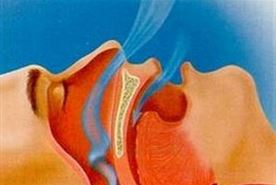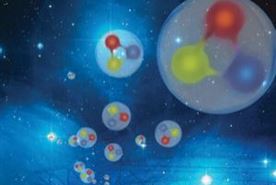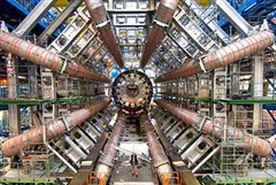Elementary Particles
Noun
smallest part of an element
All night, every time you breathe out, carbon atoms take off into the night air. Each carbon atom weighs a tiny fraction of a gram. But every breath expels roughly ten billion trillion atoms, so you wake up a pound lighter.
Noun
number of protons found in the nucleus of an atom
Gold, atomic number 79, the most widely beloved of the precious metals, might have its origin in extremely rare and violent explosions in the far reaches of outer space. The bling apparently begins with a blam.
Noun
science of working with atoms and molecules to build devices that are extremely small
This card was created with nanotechnology at the University of Glasgow and is so small it could fit on to the surface of a postage stamp, 8,276 times.
Noun
a tiny particle of light or electromagnetic radiation that has zero rest mass
Researchers in China have effectively achieved teleportation up to 16 km using quantum entanglement of photons. This could pave the way for quicker and smaller quantum based computers and strong, encrypted communication.
Noun
very small, positively charged particle that is part of the nucleus of an atom
The Big Bang theory says our universe was created when a tiny (billions X smaller than a proton), super-dense, super-hot mass exploded and began expanding very rapidly, eventually cooling into the stars and galaxies of today.
Adjective
relating to parts of the atom or forces within the atom
The Large Hadron Collider roared to life this year, churning out mountains of data as subatomic particles collided together at near the speed of light.





